On November 9, 2010, the foundation announced the Grand Challenges Explorations Round 5 winners. Sixty-five scientists were awarded $100,000 grants each for innovative, early-stage research projects focusing on one of four categories. Some of the winners are featured here.
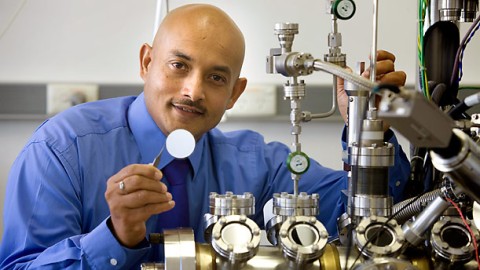
New Explorations grantee Gérrard Poinern of Murdoch University in Australia will develop an inexpensive, simple to produce “inject & forget” contraceptive device made from calcium that can be placed under the skin to slowly release contraceptive drugs over a period of months.
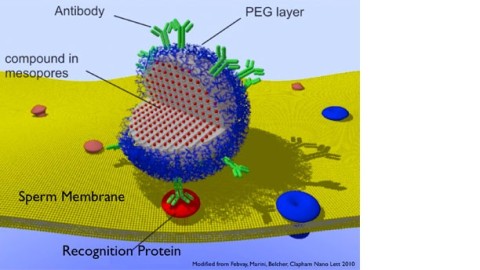
David Clapham of Children’s Hospital Boston will create a gel made from nanoparticles that releases sperm inhibitors upon exposure to semen for use as a non-hormonal contraceptive for women.
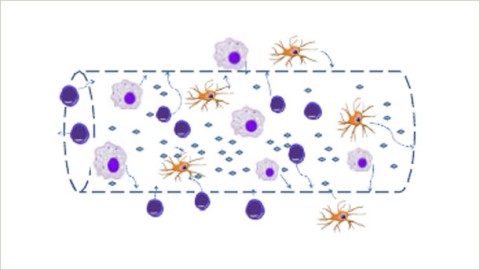
Steven Meshnick and Carla Hand of the University of North Carolina will develop a biodegradable device that can be placed under the skin to deliver vaccines. Acting much like a lymph node, the device will trigger the production of immune cells and could help boost immune response to new and existing vaccines.
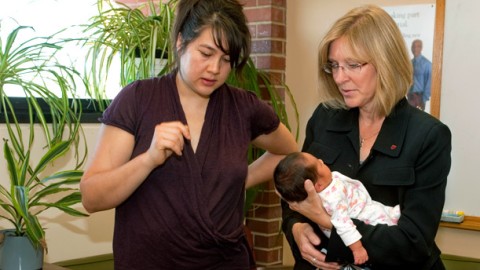
Shelley McGuire of Washington State University, along with Mark McGuire of the University of Idaho, will test whether beneficial bacteria in human milk can be boosted by a mother’s consumption of probiotic foods, and if this can help prevent infectious diarrhea in infants, a leading cause of newborn deaths in the developing world. Washington State University photo by Shelly Hanks.
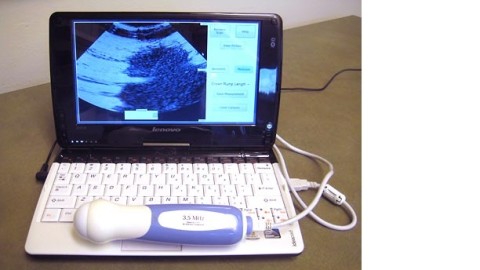
Beth Kolko of the University of Washington will develop an inexpensive mobile ultrasound device that features basic functions and a simple user interface, and work with community midwives in Uganda to test the machine in remote locations.
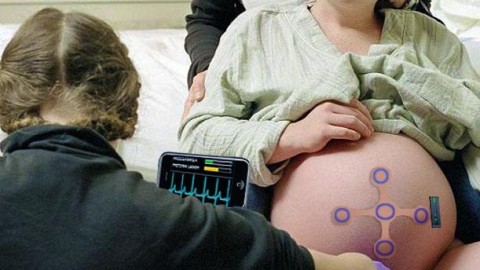
Neil Euliano of Convergent Engineering in the United States is developing a monitoring device that uses reusable sensors and smart phones to monitor pregnant women and their unborn babies for signs of preeclampsia, preterm labor and labor complications. The system provides early diagnosis that allows for time to transport these mothers to distant health facilities. Note: This is a composite image of a future prototype.
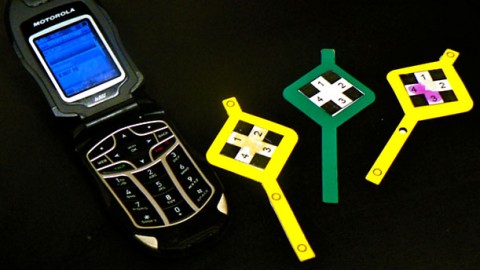
Amit Srivastava of Children’s Hospital Boston, along with colleagues at MIT, is developing a drug compliance platform combining a mobile phone-based diagnostic test with economic incentives. The device can measure drugs levels in bodily fluids to monitor a patient’s compliance with TB and other antibiotic therapies, and submit test results wirelessly. On-time submissions will result in immediate economic rewards, such as additional cell phone minutes.
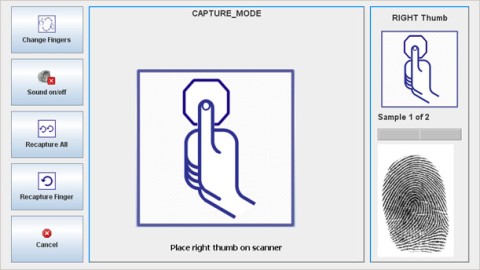
Mark Thomas of VaxTrac in the United States is field testing a mobile-phone based vaccination registry that uses fingerprint scans to track those who have received immunizations in hopes of reducing redundant doses and boosting coverage levels in developing countries.